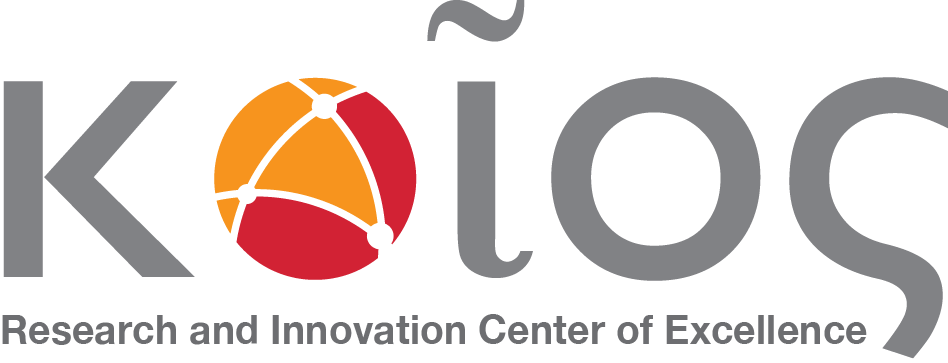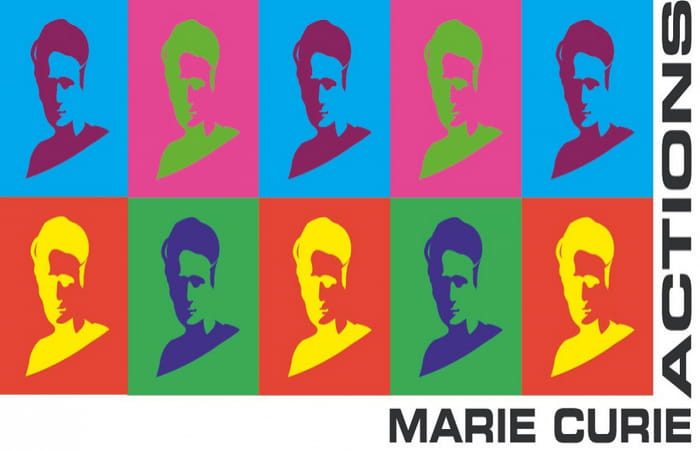A new project, “Advancing the state of the art of MIMO: The key to the successful evolution of wireless networks” (ATOM), has begun at the KIOS Research Center offering unique opportunities for researchers to participate in short-term exchanges in order to help them achieve scientific excellence through exposure to other countries and sectors. The project is funded by the EU’s Marie Skłodowska-Curie action Research and Innovation Staff Exchange (RISE). The project ATOM provides a unique opportunity for both young and established researchers to be equipped with the right combination of research-related and transferable competencies, which is necessary to provide enhanced career perspectives in both the academic and non-academic sectors. Through a meaningful exposure to international and interdisciplinary mobility, available within this program, the researchers will be better equipped to contribute effectively to the knowledge-based economy and society, ultimately helping to tackle some key global research challenges.
Moreover, the joint research proposed in ATOM responds to key research challenges. The world is experiencing an explosion in wireless broadband usage and global wireless data traffic is expected to grow at an annual rate of 78% through 2016. Multiple-input multiple-output (MIMO) technologies have been envisioned as a key to the successful deployment of next generation networks, which are challenged by many practical constraints.
The ATOM project brings together researchers in 7 organizations across the world to collaborate and blend activities to achieve its ambitious research agenda to fully exploit the potentials of MIMO technologies for revolutionizing wireless networks. To enable staff to develop the appropriate competences, the ATOM project is organized in such a way so as to encourage networking opportunities, sharing of knowledge, and skills development, as well diverse work environments (academic, private sector) in different countries.
As MIMO communication networks and services encompass a broad research field, the four years’ collaboration of three EU partners (Lancaster University UK, University of Cyprus (UCY), and University of York UK) with four partners (Universiti Teknologi Malaysia, COMSATS Institute of Information Technology Pakistan, University of Peradeniya Sri Lanka, and Universiti Putra Malaysia ) from three different non-EU countries will surely generate promising new ideas that will be followed up beyond the duration of the project. It is also worth noting that ATOM will help accelerate the transfer and deployment of research knowledge between European countries and third-country partners in order to provide a framework of advanced MIMO solutions for realizing green, secure, and high data rate wireless communications.
Four KIOS Post-Doctoral Researchers are awarded Marie Curie Fellowships
So far, four (4) post-doctoral research fellows working at the KIOS Research Center of the University of Cyprus have been awarded prestigious Research Fellowships for research from the EU Marie Curie Action Grants – Individual Fellowships and Career Integration Grants. The four KIOS researchers received grants to undertake research at internationally acclaimed academic institutions in Cyprus, France, Romania, and the UK. KIOS Post-Doctoral Researchers (Drs. Konstantinos Manousakis, Nicoletta Nicolaou, Vasso Reppa, and Irina Cornei) have been awarded the grants following an extremely competitive selection process. The success rate for these types of proposals is around 14% (depending on modality).
The individual successes of these researchers are commendable. To obtain such a competitive grant is an important milestone in the career of a researcher, and the experience gained from their Fellowships will enhance their training and improve their competences. The Marie Curie Action grants offer researchers new opportunities for improving their research skills and enhance their career prospects by joining established research teams. All four researchers are pursuing important scientific research directions to develop technologies relevant to everyday life and offering important technological solutions to global research challenges.
 “The project ATOM has received funding from the European Union’s Horizon 2020 research and innovation programme under the Marie Skłodowska-Curie grant agreement No 690750”.
“The project ATOM has received funding from the European Union’s Horizon 2020 research and innovation programme under the Marie Skłodowska-Curie grant agreement No 690750”.



